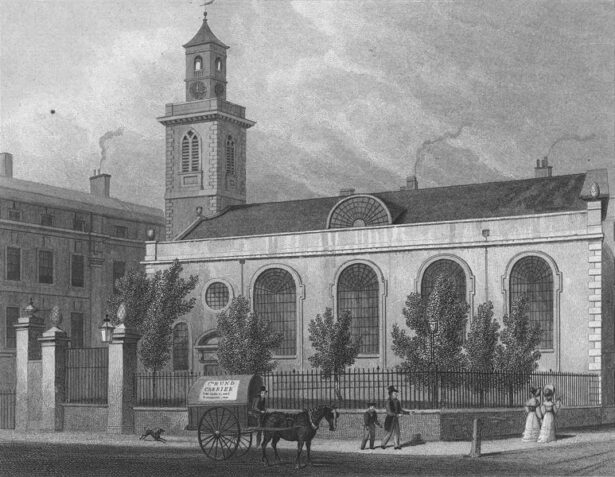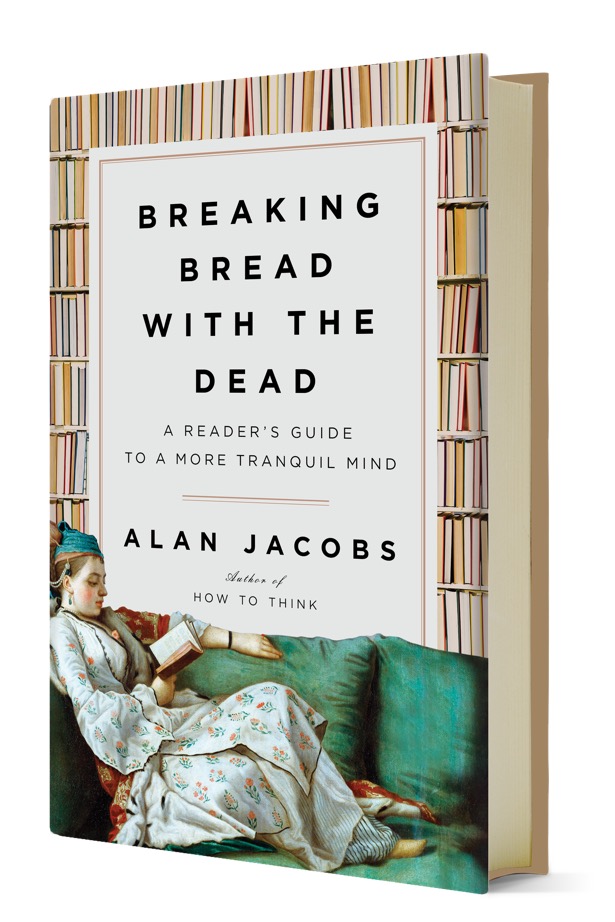Restorations and Discoveries


The restoration of the Ghent Altarpiece

My buddy Austin Kleon is at home with his kids, confined by the chronovirus.
I took the last month away from my micro.blog, but I’m back, with short posts and (mainly) photos. I noted there that it was a big day for me yesterday.
When I taught at Wheaton College, I had several opportunities to lead summer study tours in England, and whenever we would visit Stonehenge (the inevitable visit to Stonehenge, he says with a sigh) I would explain to the students that the great mystery was how those giant stones got to Wiltshire from their quarry somewhere in Wales — more than a hundred miles away! Because that was the story at the time. Turns out the stones were quarried only around 15 miles away. Not quite so great a mystery, then.

How the London church of St. Mary Aldermanbury, or what was left of it after the Blitz anyway, came to Missouri.
Robin Sloan likes to talk about the Republic of Newsletters, and I am a proud proud citizen of that commonwealth. It occurs to me that I should take the time occasionally to introduce y’all to other members of that Republic. There are several newsletters I read avidly, but only one that I regularly convert to PDF and annotate, and that’s Metafoundry, written by the terrifyingly smart Deb Chachra. Her newsletter is relatively infrequent, but that’s okay, because it takes me a while to think my way through all the mind-bending stuff she puts in any given issue. A few years ago I had lunch with Deb in Bloomsbury, when she was working on a project at the University of London, and she told me about the challenges of designing materials that can, like our bones, respond to stress by strengthening themselves through altering their molecular structure. Yeah, she’s like that.
Not a newsletter thing, but I met Deb through our mutual friend, and Deb’s colleague, Sara Hendren. Sara has a new book coming out in just a few weeks called What Can a Body Do? It’s an extraordinary tour through disability, design, and assistive technology — though as Sara likes to say, all technology is assistive technology. You should buy it and read it.
A couple of years ago, in an interview with Tim Ferriss, Malcolm Gladwell made a fascinating comment about his father:
My father has zero intellectual insecurities.... It has never crossed his mind to be concerned that the world thinks he’s an idiot. He’s not in that game. So if he doesn’t understand something, he just asks you. He doesn’t care if he sounds foolish. He will ask the most obvious question.... So he asks lots and lots and lots of dumb, in the best sense of that word, dumb questions. He’ll say to someone “I don’t understand. Explain that to me.” And he’ll just keep asking questions until he gets it right. And I grew up listening to him do this in every conceivable setting. My father, here is this guy with his PhD in math. He made friends with all of these farmers who were our neighbors who were all dropouts.... They all had, basically, maybe seventh grade. And he, first of all, treated them like equals. And secondly, he was intensely interested in what they knew that he didn’t know and would ask them tons and tons of questions about why they did what they did....
I often imagine my dad meeting Bernie Madoff. My father would look at the returns, and he would say, “Wow, that’s really good.” Because, as a mathematician, he would know that these steady, whatever it was, 9 percent a year, year in/year out. And he would say, “How did you do that?” And Madoff had, remember, that stock explanation that was bullshit. And my father would just simply continue to ask really, really dumb, obvious questions … he would never have invested money with him because he would have said “I don’t understand” 100 times.
I’ve mentioned in an earlier newsletter the fabulous singing Jimmy Rushing, Mister Five By Five, did for the Count Basie Band in the 1930s. Listen to Jimmy and the Count’s boys perform the definitive version of “Pennies from Heaven.” Your day will be at least 87% better.
